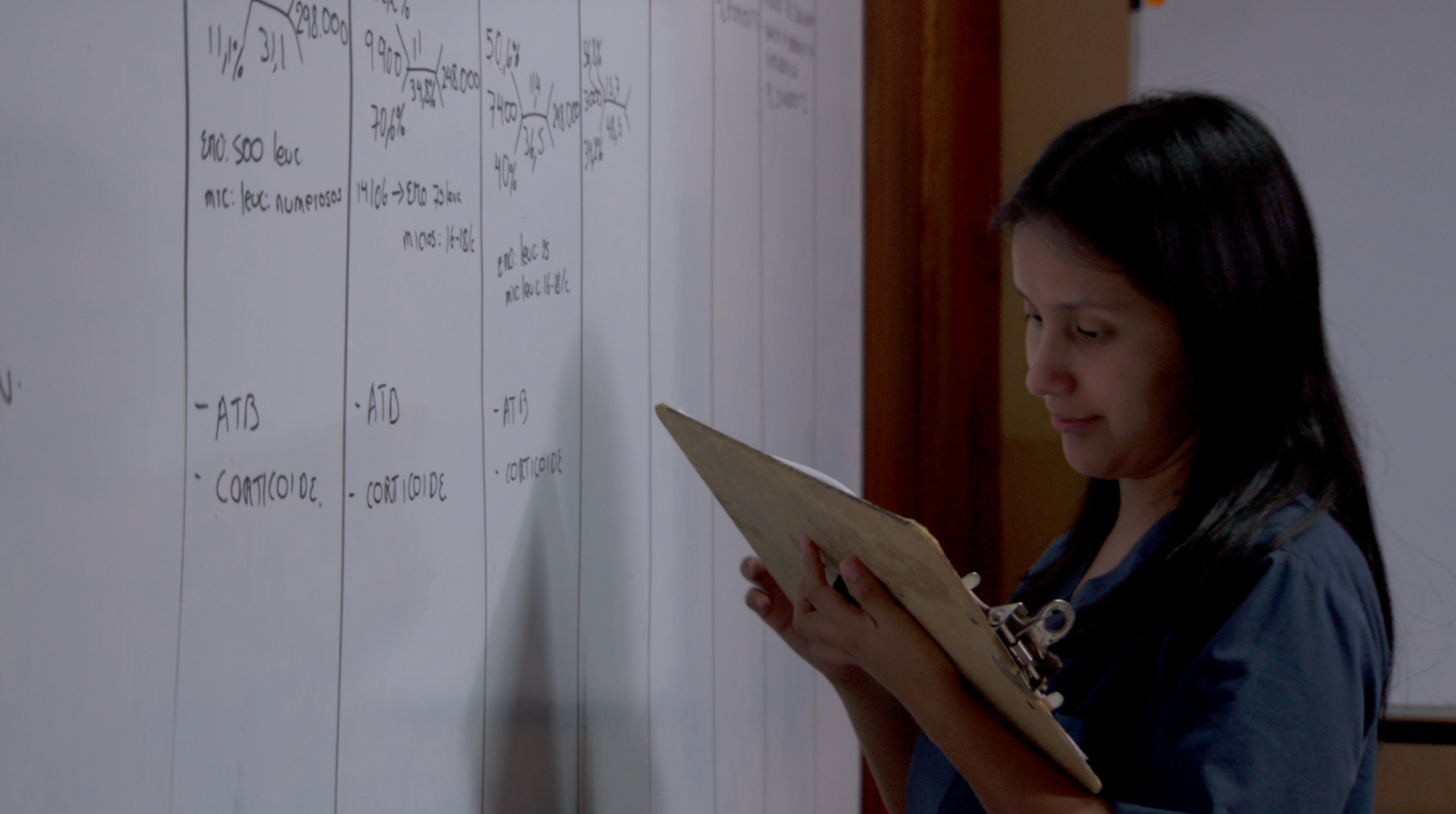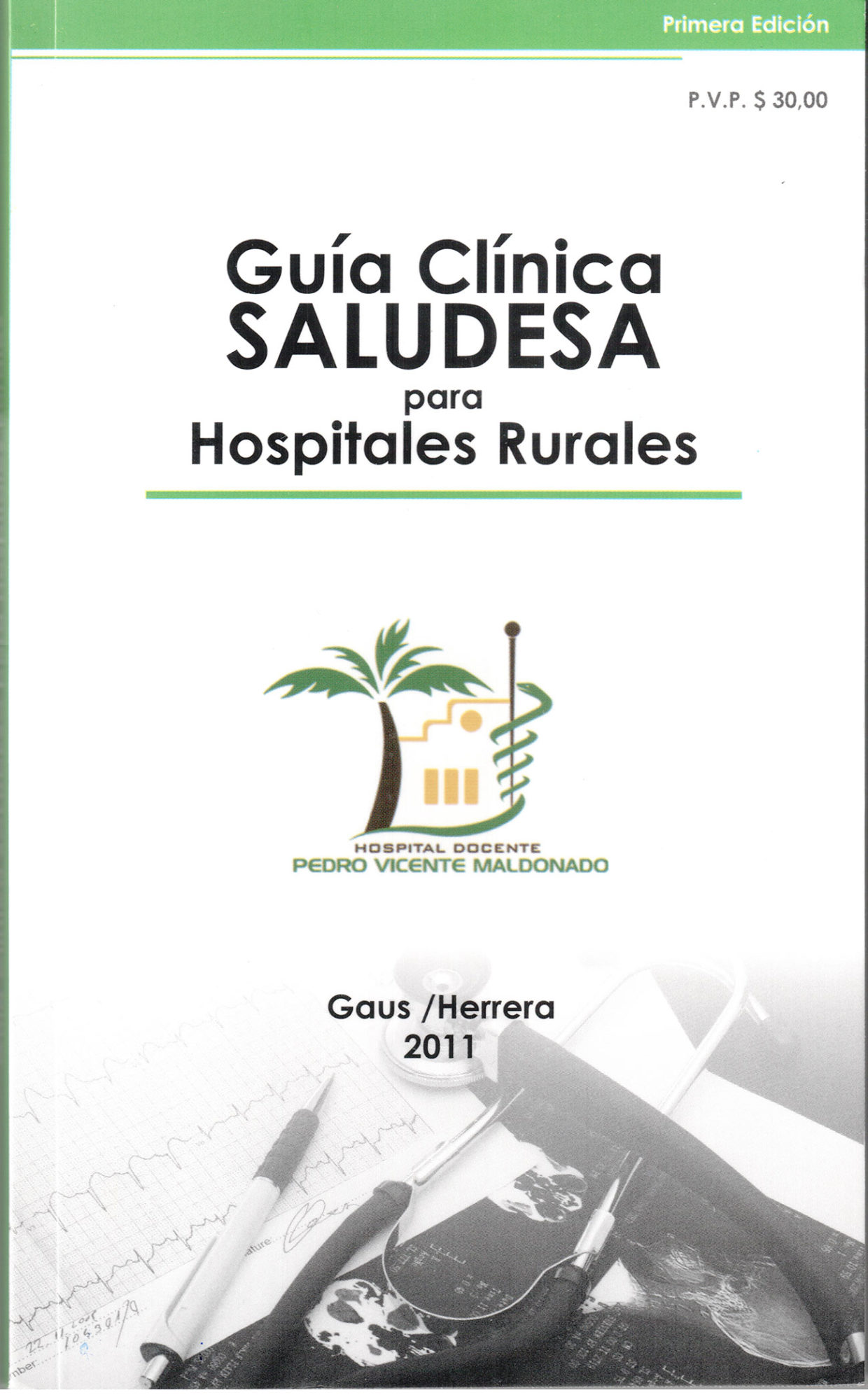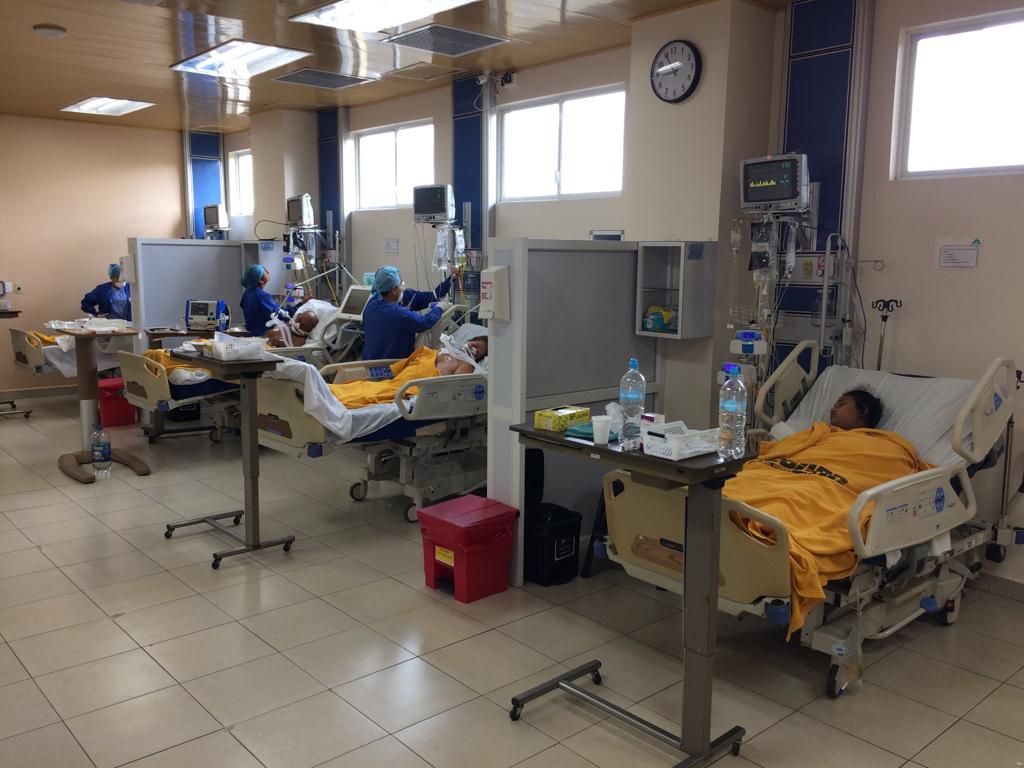The AHD Model
AHD is the only rural health provider in Latin America that delivers quality care based on a proven model of self-sufficiency and capacity building. AHD offers the only residency program that trains rural family physicians — where local faculty train Ecuadorian physicians to work in their own communities.
AHD has been operating Pedro Vicente Maldonado (PVM) hospital and clinics for almost 25 years and has served more than 175,000 people. In 2014, AHD constructed a new health complex called Hesburgh Hospital in Santo Domingo, Ecuador, with a 60-bed hospital, outpatient area and various specialty departments, and a training center.
In addition to adding critically needed hospital care to an area where 400,000 mostly poor people live, this new complex allowed AHD to expand its family medicine residency program and conduct meaningful public health research in the community. Both PVM and Hesburgh facilities are operated 100% by Ecuadorians.
We work with the local government entities, with US and Ecuadorian universities, and with donors around the world.
Our facilities are 100% staffed with local Ecuadorians; 75% of them are women. In fact, Hospital Pedro Vicente Maldonado is the largest private employer in that town.
Working with and for the communities we serve instead of as an outside organization, drives a faster, more profound transformation of the healthcare system.
AHD’s facilities utilize a unique combination of local financing mechanisms and public-private partnerships in order to be financially self-sustaining: fees for service, payments from Ecuador’s Social Security Institute and Ministry of Health, contracts with local companies, and contributions from local municipalities.
This means that donations from the U.S. are used to expand the model and training programs, as opposed to paying for day-to-day operations at AHD’s facilities.
Our research agenda is ambitious and broad, focusing on public health issues that face our communities. We emphasize quantitative as well as qualitative research. Our partners include The University of Notre Dame’s Eck Institute, The University of Wisconsin’s Global Health Institute, Bellarmine University’s Department of Anthropology, and The Catholic University of Ecuador.
Our areas of research have focused on:
• Vector biology (mosquitos and arboviral infections)
• Tropical disease
• Antimicrobial resistance patterns
• Various aspects of COVID-19
• Mental health
• Medical anthropology
• Medical education
Our hospital in Santo Domingo has a full microbiology laboratory with PCR capability and -80 freezer. Our communities served by our healthcare systems are subtropical and tropical on the western slopes of the Andes. One community has 70,000 members and the other more than 400,000.
We also write medical manuals and attempt to introduce contextualized best practices in a challenging clinical environment. For example, we have treatment protocols established that our medical ICU utilizes. Our electronic medical record facilitates the use of protocols and allows for ongoing monitoring in real time.
Do you have a research idea? Let us know. Email info@andeanhealth.org. We would be happy to discuss!



